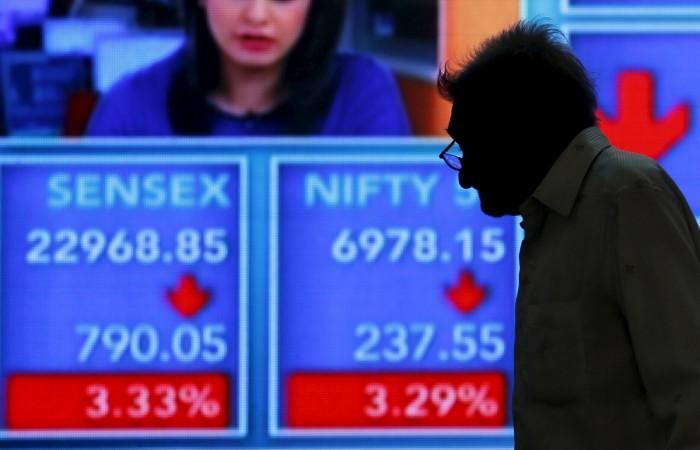
The Employees' Provident Fund Organisation (EPFO) is soon expected to consider whether it should increase its investments to stock markets.
Also read: Stock markets abuzz with rumours of Axis Bank-Kotak Mahindra Bank merger
In 2015, the Narendra Modi government had allowed the EPFO to invest up to 15 percent of its funds in the domestic equity markets. The EPFO's Central Board of Trustees thereafter decided to park 5 percent of its funds in stocks. Union Labour Minister Bandaru Dattatreya had then said that the investment into equities would fetch higher returns and hence help raise the interest rate offered to employees' contributions.
The PF body decided to invest through two exchange-traded funds (ETFs) — SBI-ETF Nifty and SBI Sensex ETF. The two ETFs basically reflect the benchmark indices Nifty 50 and Sensex 30.
In the first year (2015-16), it invested 5 percent and in the second year, 10 percent of the incremental deposits. It invested Rs 6,500 crore in 2015-16, while so far in the current fiscal, the investment is over Rs 10,000 crore.
The labour minister said on Thursday that the EPFO's total ETF corpus is now around Rs 17,000 crore, with returns of 8.7 percent to 8.8 percent, which he said was better than interest rates.
Dattatreya added that the labour ministry, after discussion with stakeholders, will soon take a final decision on raising ETF exposure to stock markets to 15 percent.
The EPFO has a total corpus of around Rs 8 lakh crore with an estimated annual incremental flow of Rs 1.3 lakh crore. For 2017-18, considering a 15 percent investment of the annual incremental flow, it is likely the organisation will enhance its stock market exposure by Rs 19,500 crore.
Meanwhile, trade unions, which have previously protested against such "risky investments," are again likely to oppose the EPFO proposal to increase exposure to the stock markets.
Last month, the EPFO said it would invest at least Rs 2,800 crore in the follow-on sale of the Central Public Sector Enterprises exchange-traded fund (CPSE-ETF). The government had launched the second tranche sale of the CPSE ETF, aiming to raise about Rs 4,500 crore. This was the first time the EPFO participated in the government's divestment plans.
The CPSE ETF was launched by Goldman Sachs Asset Management India in March 2014. It comprises stocks of 10 firms: ONGC, Coal India, Indian Oil, GAIL (India), Rural Electrification Corp Ltd, Oil India, Power Finance Corp Ltd, Container Corp of India Ltd, Bharat Electronics Ltd and Engineers India Ltd.










